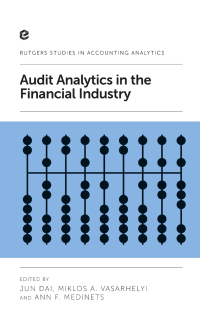Question
17.Which of the following describes a difference between profit and total comprehensive income? a.All of these describe differences between profit and total comprehensive income. b.Profit
17.Which of the following describes a difference between profit and total comprehensive income?
a.All of these describe differences between profit and total comprehensive income.
b.Profit includes realised gains whereas total comprehensive income does not.
c.Analysts are more interested in profit than total comprehensive income. d.Profit increases equity whereas total comprehensive income does not.
e.Profit is determined by applying accrual accounting whereas total comprehensive income is not.
18.Which of the following events could NOT be indicative of a potential cash flow?
a.None - they are all indicative of a potential cash flow. b.An increase in Reserves from the previous period. c.An increase in Prepaid expenses from the previous period.
d.A decrease in Retained earnings from the previous period.
e.A decrease in Provisions from the previous period.
19.Which of the following events would NOT be classified as an investing activity in a Statement of Cash Flows?
a.All of these would be classified as investing activities. b.A payment to acquire another business. c.The proceeds from the realisation of shares in another company.
d.The proceeds from the maturity of a long-term cash deposit. e.The gain on sale of a non-current asset.
Step by Step Solution
There are 3 Steps involved in it
Step: 1

Get Instant Access to Expert-Tailored Solutions
See step-by-step solutions with expert insights and AI powered tools for academic success
Step: 2

Step: 3

Ace Your Homework with AI
Get the answers you need in no time with our AI-driven, step-by-step assistance
Get Started


